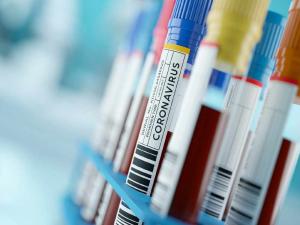
By Rebecca Black, PA
The number of people allowed to meet indoors in Northern Ireland could be reduced under fresh restrictions aimed at stemming the spread of coronavirus.
Health Minister Robin Swann said the Stormont Executive will discuss a range of potential restrictions when it meets on Thursday.
He said these could include reducing the number of people who can meet together in a household, as well as indoor and outdoor gatherings, and sporting events.
Mr Swann said chief medical officer Michael McBride and chief scientific adviser Ian Young will make recommendations to ministers.
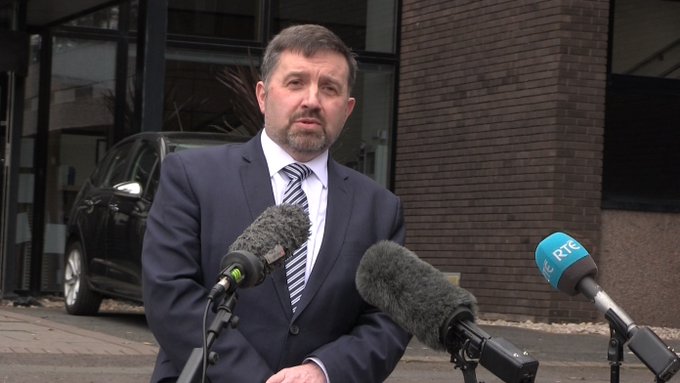
Robin Swann
Dr McBride said he will recommend a return to full lockdown if the region reaches the point of 80 cases per 100,000 head of population.
“The Executive may wish to consider, and we may wish to advise, that we intervene even before that because, obviously, if we intervene at an earlier stage then we can prevent the excesses of some of the measures that we had to introduce before,” he told the BBC.
“But certainly if we are getting up to that sort of level then we need to act.
“My consideration on this, and Ian’s consideration will be, is it preferable to advise the Executive to act earlier to avoid us getting into that situation where we do so much damage again to people’s lives, to people’s livelihoods with the extreme measures that we had?”
The infection rate per head of population in Northern Ireland is the highest in the UK or Ireland – 16 per 100,000 in the last seven days, or 24 per 100,000 in the last 14 days.
There is considerable variation in areas, from less than three per 100,000 in the Fermanagh and Omagh council area to consistently more than 50 in the Mid and East Antrim council area.
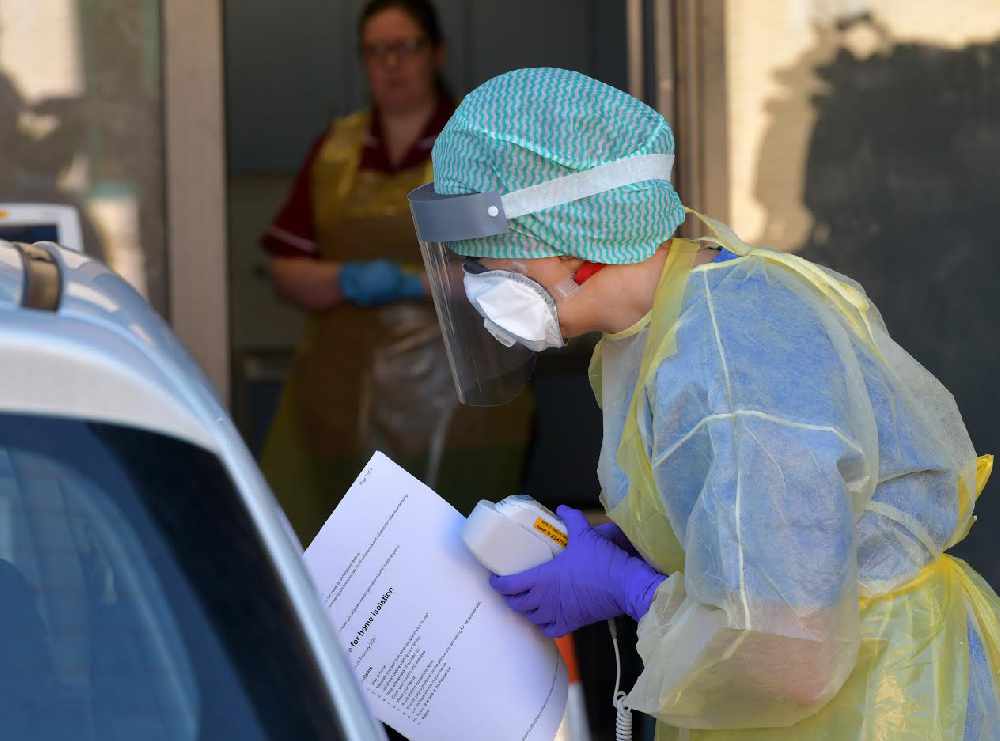
There have been almost 300 new cases confirmed in Northern Ireland over the past seven days.
Mr Swann said it has not been possible to pinpoint a reason for the increases.
“At this minute in time we cannot put our finger on any specific either location or activity or industry as to a cause of the number of increases in positive tests that we have seen,” he told the BBC.
“There’s no one trend across Northern Ireland causing these increases; if there was, it would be very easy for us to act. Because we are seeing that mixture, that’s why we’re looking at the introduction of a more generic reduction on relaxations.”
Mr Swann also said he could not rule out a return to full lockdown later this year.
“I won’t rule that out because the combination of flu and Covid-19 is something that will have a dramatic effect on us,” he said.
“I hope we don’t have to get there. If people act responsibly now, we can arrest this spread of Covid-19 in Northern Ireland so we don’t have to get into the place where we need the full lockdown again.
“We could look at a series of incremental measures over a period of time that could be enforced, that can be relaxed as we see the spread of Covid-19 either increasing or reducing.
“I sincerely hope that we don’t, that we never get to the position again that we were at the start of this year because we have put so much work into reducing the spread of Covid-19, that it is too valuable a prize to lose over the next couple of weeks.”
Earlier, Professor Young said the current trajectory will result in “increased hospitalisations and deaths if we allow the cases to keep going”.
“I will not hesitate to make recommendations as to what I think should be done, but those recommendations are ones which need to go to the Executive at the appropriate time for them to make a decision,” he said.
“There’s an opportunity for everybody to wise up, as the chief medical officer put it, and possibly to turn us back up away from this slippery slope.”
The Department of Health’s daily figures on Tuesday included one new death, taking the tally in the region to 559, as well as another 41 positive cases.


 Spate of 5G mast attacks impacting hospital communications
Spate of 5G mast attacks impacting hospital communications
 Campaign launched to combat rise in online sex offences against children in NI
Campaign launched to combat rise in online sex offences against children in NI
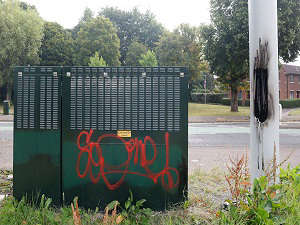 Arson attacks on Belfast 5G phone masts ‘extremely reckless’, say police
Arson attacks on Belfast 5G phone masts ‘extremely reckless’, say police
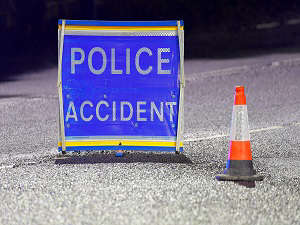 Man dies in hospital after fall from electric scooter
Man dies in hospital after fall from electric scooter
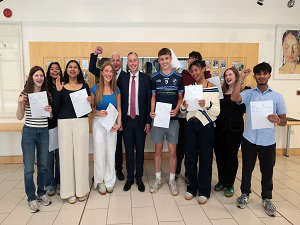 Slight rise in A* and A grades achieved in A-levels in Northern Ireland
Slight rise in A* and A grades achieved in A-levels in Northern Ireland